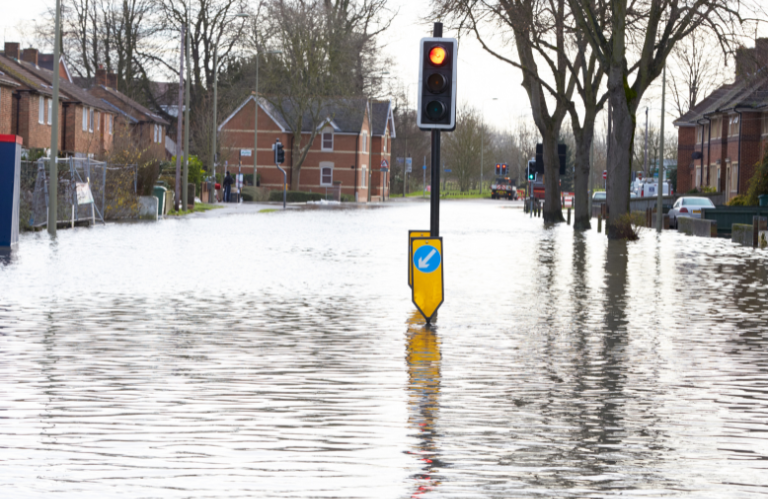
Increasing Corrosion Caused By Climate Change: How Salt Spray Testing Can Help
11 Jan 2023
Published in: Member News
As climate change continues to increase, we're discussing the impact it has on infrastructure and it's exposure to corrosion, and how salt spray testing can help.
Climate change has heavily influenced the frequency and intensity of floods and other naturally occurring weather-related disasters arhttps://www.rotechlabs.co.uk/news/increasing-corrosion-caused-climate-change-how-salt-spray-testing-can-help-determine-corrosion-resistanceound the world.
In the UK, analysis by the Met Office in 2020 shows that, on average between 2010 and 2019, summers were 13% wetter and winters were 12% wetter. Another study showed that heavy rainfall events in the UK have been made 40% more likely by climate change (Friederike E L Otto et al, 2018).
The UK Climate Change Committee has warned that 1.4 million people in the UK currently face a risk of extreme flooding, and that number could increase to at least 1.7 million if global warming levels continue to rise.
The Impact of Global Warming on Corrosive Environments
As global warming continues to heat the planet, a warmer atmosphere means that there is more water and precipitation within our air, leading to growing levels of humidity. As these weather conditions become wetter, infrastructures (buildings, railway lines, and utility supplies, for example) become more susceptible to corrosive damage and weakened material due to increased exposure to rainwater and its acidic properties.
Climate change has influenced the frequency and severity of flash flooding, increasing rain, and coastal and river flooding. When flooding occurs, salt and high contents of acids from the water can lead to rusting and corrosion of metallic fittings including fasteners, pipes, and fixtures; foundations can become compromised and cause structural damage and even collapsing or failure of vital framework; long-term effects from saturation damage can lead to metal corrosion; utility systems such as oil and gas storage tanks may leak, resulting in pollution to the environment, and additional risks to health and safety caused by contaminants and debris. The consequences can be devastating.
Buildings need to be able to withstand the increased frequency and levels of rainwater, so the materials that are used to create these buildings must be more resistant to corrosion.
Continue Reading...
Comments
Post A Comment
You must be logged in to post a comment. Please click here to login.








